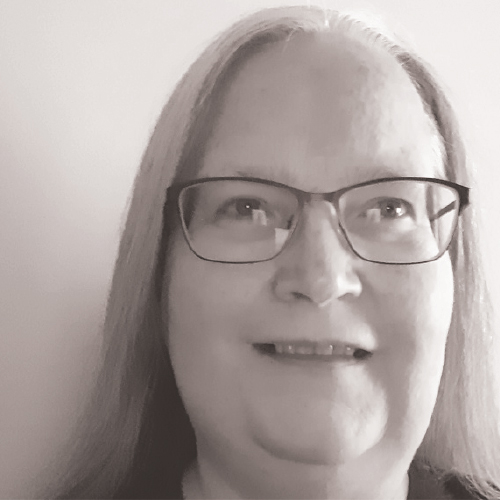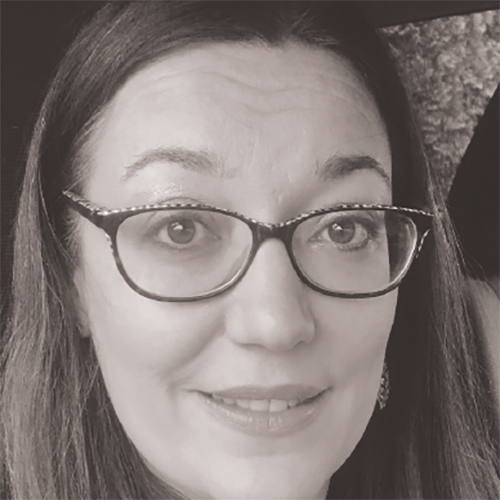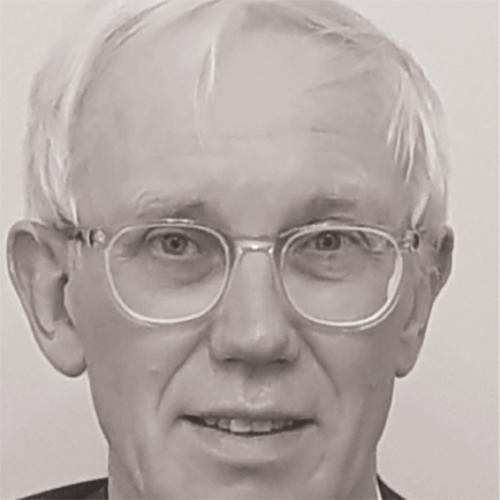OPINION
Developing Professional Scepticism by Dr Margaret Healy, Dr Brid Murphy, Dr Claire O’Sullivan Rochford and Prof Ray Donnelly
The UK Brydon Report (2019) argues for focused efforts in both formal education and informal development to appropriately prepare the next generation of auditors for professional practice. However, efforts to ‘teach’ PS are not always successful. A study of Irish third level students (Healy, Murphy, O’Sullivan Rochford and Donnelly, Accountancy Plus, 2022) found individual student’s PS levels remained stable before and after completion of an audit module and there was no evidence that an educational intervention designed to enhance a student’s audit-related judgement influenced PS levels.
In practice, the ultimate outcome of an audit engagement is an expression of the auditor’s opinion, which can only be issued after any uncertainty or doubt is allayed. To facilitate the expression of such an opinion requires the exercise of professional judgement and appropriate scepticism in considering audit evidence in the light of accounting and auditing standards. This suggests that the experience is vital.

Learning from discrete and/or cumulative experiences is enhanced when they are later considered and reflected upon. The International Accounting Education Standards Board (IAESB, 2019) recently incorporated the ability to reflect as a core competence of an auditor in the exercise of PS and auditor judgement. Such deliberate reflection facilitates the conversion of tacit experience into more explicit knowledge.
In a recent study, a team of researchers from three third-level institutions investigate the PS levels of accountancy trainees in practice sitting CPA Ireland audit examinations and masters-level students reading specialist masters programmes at university.
PS levels are measured using a validated scale, generating both an overall PS level and levels for seven sub-dimensions (Autonomy, Reflection, Critical Reflection Self-Esteem, Search for Knowledge, Understanding, Interpersonal Understanding). The levels are then compared in total and across the dimensions. The findings highlight the relevance and importance of appropriate on the job training opportunities to trainees seeking to achieve audit qualifications.
The student sample is drawn from two Irish universities, comprising students studying for the Master of Accounting qualification at one university in Dublin and one in Cork. The accountancy trainee sample is drawn from candidates enrolled in CPA Ireland’s Professional and Strategic Level auditing subjects.
66 masters-level students and 31 trainees participate in survey, comprising 52% females and 48% males. The students have very limited work experience while the trainees’ average years of experience is seven years.
Differences in overall PS levels
Findings show significant differences between the two groups of respondents, with the accounting trainees demonstrating significantly higher overall PS levels than the students. Significant differences between the two groups are also reported in relation to three of the sub-dimensions, Autonomy, Reflection and Critical Reflection.
‘Autonomy’ is the first stage of the training process for trainee auditors, whereby learning is constructed around a cycle of carrying out tasks following a prior year file, with understanding coming later, followed by any questioning of the process.
Autonomy effectively is the first stage of the reflection process.
‘Reflection’ in turn is the second stage of the reflection process and involves activity in which people recapture their experience and evaluate it, focusing particularly on problem solving.

The remaining four sub-dimensions – Self-Esteem, Search for Knowledge, Understanding and Interpersonal Understanding – are importance aspects of PS, but did not highlight any significant differences between the student and trainee groups.
Differences based on level of experience
Findings highlight that experience plays a significant role in relation to PS development. As trainees gain experience, their learning increases, and thereby augments their PS levels. Interestingly, the type of experience is less relevant i.e., the results suggest that specialist audit and other experience have the same impact on PS levels
Differences based on gender
While no significant differences are found between male and female respondents’ overall levels, significant differences are found for two sub-dimensions, Understanding and Reflection. These differences are significant within the trainee sample, but not the student sample.
Implications for Trainees
Trainees should not underestimate the value of their training experiences. The competences and capabilities acquired, developed and refined form the bedrock of future professional practice. On-going active reflection on this throughout the training period forms more than a basis for meeting the competence requirements for admission to associate membership.
Our research findings suggest PS and professional practice develops through continuous experiences and through reflection on those experiences, i.e., they become more meaningful when they are accorded attention and reflected upon. An ability to reflect is a driver of development in professional competence as well as being a key component of learning from experience.
Implications for those training the Trainees
Trainees need active guidance and mentoring to fully realise the potential gains of their training experiences. Exposure to a range of professional practices and scenarios, in both simulated training contexts (for example, pre-audit planning; case-based real-world scenarios; virtual reality exercises) and client-facing roles, provide valuable inputs to augmenting trainee PS levels.
These gains are potentially optimised when combined with space and time for reflection before, during and after on the trainees’ experiences, facilitated by the guidance and direction of experienced professionals.
Implications for Professional Bodies
The findings of this study provide some insights and show that the development of PS is a multi-stage process, requiring a continuous process of learning, experience and engaging in reflection, and that there are important and complementary roles for all stakeholders.
University educators can provide key foundational elements to start the process e.g., fostering student engagement in critical thinking and building reflective capacity. Professional bodies and employers ensure trainees can gain exposure and experience, through on-the-job training, building autonomy, and paving the way for higher order reflection and critical reflection.
Brydon, D. (2019). Assess, Assure and Inform Improving Audit Quality and Effectiveness, Report of the Independent Review into the Quality and Effectiveness of Audit, UK. https://www.gov.uk/government/ publications/the-quality-andeffectiveness-of-audit-independentreview.
CPA Ireland (2023). Guide to In-Depth Competency Fields. https://www.cpaireland.ie/CPAIreland/media/Education-Training/Training/Guide-to-in-depth-competency-fields-Final.pdf
Healy, M., Murphy, B., O’Sullivan Rochford, C. and Donnelly, R. (2022). Can we teach professional scepticism? Accountancy Plus, March, pp.4-5.
International Accounting Education Standards Board (IAESB) (2019). Handbook of International Education Pronouncements. https://www.iaesb.org/ publications/2019-handbookinternational-education-standards.



